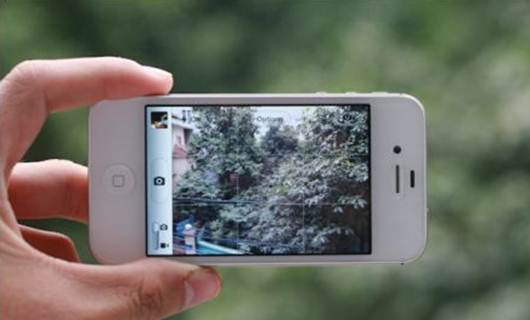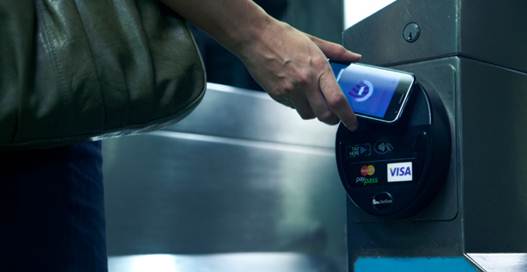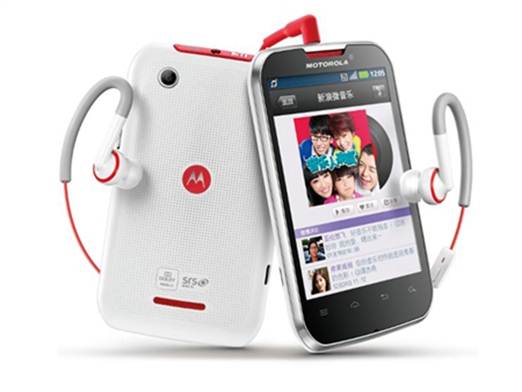Six things to consider when seeking a
new smartphone
1. Camera/ video
Mobile phone cameras are no longer a joke –
the latest handsets come with 8-megapixel sensors, quality optics and in-depth
settings to help you take the perfect snaps. The One X’s camera is an
8-megapixel affair, but one of its biggest selling points is its ability to
capture action. Continuous shooting snaps a stream of images, so you’ll always
find the perfect shot, and you can also record video and take pictures at the
same time. Add to this advanced features such as 1080p video recording,
stabilization and a dedicated imaging chip, and you’ve got a powerful digital
camera attached to your awesome phone.

2. Screen
The One X’s resolution of 1,280 x 720
pixels puts it in the same league as last-generation of the size. It’ powered
by LCD technology, and it uses an ambient light sensor to automatically dim or
brighten the screen depending on conditions, so you’ll have no problems looking
at the web in direct sunlight. A Gorilla Glass coating makes it night-on
indestructible, with HTC claiming that it’s so tough that you won’t even need a
case to protect it from errant keys when it’s in your pocket.
3. Size
We thing that 4.7-inches is just the right
size for a mobile phone screen – big enough to display images, videos and the
web in stunning clarity, but small enough to slip into a coat pocket or
handbag. The surround takes it up to 13 x 7cm, but it’s still fairly svelte at
just 9mm deep. If the size doesn’t appeal, HTC’s One S and One V offer similar
features but drop the screen size to 4.3-inches and 3.7-inches respectively. At
130g, the One X is reassuringly solid without threatening to pull you trousers
down when placed in your pocket.
4. NFC
NFC, or near field communication, is cited
as the next big thing in smartphone technology, and it’s included in the One X.
Put simply, it enables two devices in close proximity to instantly communicate
with one another. For example, you’ll be able to place the One X near an
NFC-compatible wireless router and it’ll automatically pair with it, or you can
hold it near another NFC phone to transfer files. It’s also set to
revolutionise retail and public transport transactions, working like a
contactless payment credit card in coffee shops or on buses, for instance.

5. Ram and storage
The days of expandable storage in
smartphones seem to be slowly fading, but the One X’s fixed 32GB of on-board
storage is more than enough for all your photos, video, games and music. Our
biggest shortcoming with early Android devices was the lack of on-board RAM,
which enables you to install applications and store contacts. Fortunately, with
a whopping gigabyte of on-board RAM. The One X enables you to install
applications to your heart’s content. A big plus is an additional 25GB of Drop box
storage, with means you can back up files online and access them from any
device with an internet connection.
6. Music
Dr Dre’s Beats headphones, with their
distinctive red cables, have become ubiquitous in recent years among
audiophiles who seek high-quality playback of their favorite tracks. HTC has
struck a deal with Beats and included bespoke audio-enhancing technology on all
of their One handsets. You’ll find a pair of Dr Dre-approved in-ear headphone
with some HTC handsets, which deliver deep, clear bass and sharp trebles. The
technology doesn’t just apply to music, either – the soundtracks of videos are
also greatly enhanced by the technology. It’s like having an expensive HI-FI in
your pocket.

Providers
The big players compared
The Uk’s oldest mobile network, and still
the biggest standalone operator. O2 was the first in the UK to offer the iPhone. It is a bit pricier than other networks for calls, texts and data,
but its bolt-ons can reduce your bills if you know you’re going to be using a
lot of data or making a lot of calls. Unfortunately, it’s lot down by its 3G coverage
which extends to only 80 per cent of the UK.
Joining forces with T-Mobile to form the
Everything Everywhere empire has ensured Orange has the best mobile coverage in
the UK, although you will find that T-Mobile and Three offer similar levels. It
offers great value for texts and data, though, and its Phone Fund means you can
put money towards a new phone each time you top up via pay as you go. Orange
Wednesdays are essential for cinema buffs, too.
Once synonymous with mobile phones
themselves, Vodafone is still a major player in the UK mobile phone market.
Handy money-saving options include a Data test Drive, where you can use as much
data as you need for three months before deciding on how much you’ll need to
spend. Its pay-as-you-go Freebee Rewards scheme also offers rewards each time
you top up your mobile phone.
T-Mobile’s pay monthly plans are the most
granular we’ve seen, enabling you to choose to spend anything from $11 to $91 a
month for data, texts and calls. It’s now part of Everything Everywhere, too,
which means customers can piggyback on to Orange’s network when there’s no
signal. Boosters are handy add-ons which let you talk and text as much as you
like for a little more each month.
It may be the smallest of the major UK
mobile networks in terms of users, but Three is not to be overlooked. It’s won
YouGov awards for best mobile broadband, and its innovative MiFi device lets
Wi-Fi only devices connect to the internet via 3G. it also offers some
incredibly cheap deals on new phones and low call rates, and Three phones
automatically switch to Orange’s network when the signal drops.
Virgin was the very first “Virtual” mobile
phone network back in 1999, and with three million customers, it’s still going
strong. It uses Orange’s network for calls and data, so you’ll be getting some
of the best coverage in the UK. The prices are reasonable, but if you’re a
Virgin Media customer, you can benefit from some fairly substantial discounts
on top.